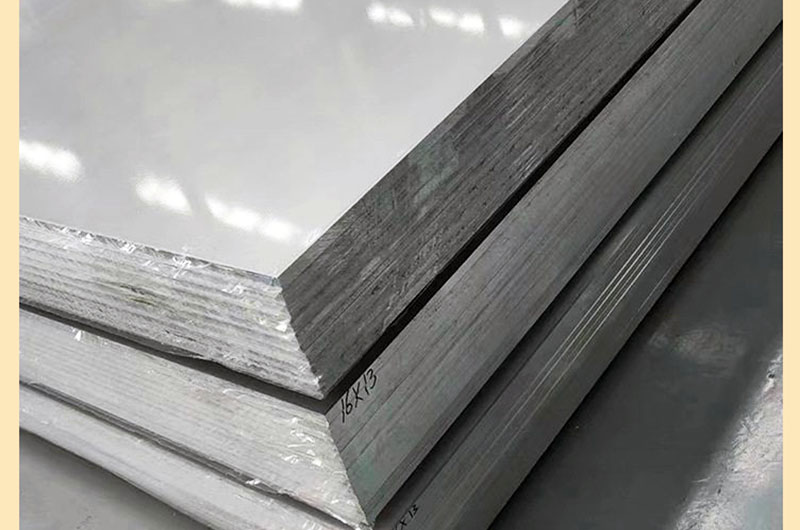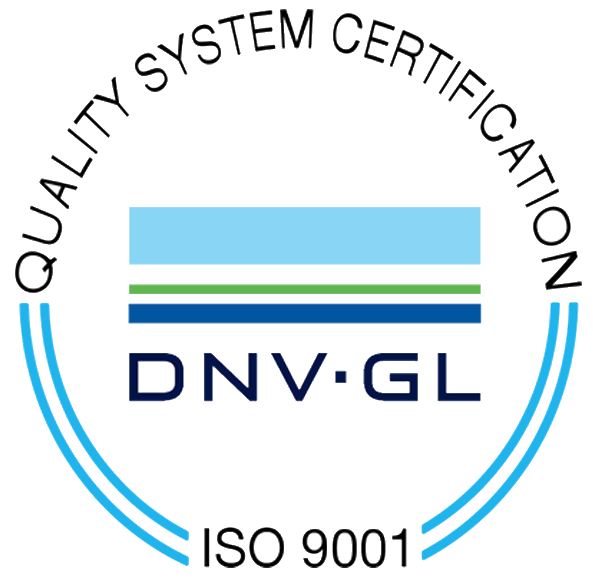5083 Marine aluminum sheet for ship side
What is a ship side?
The side of a ship is the outer surface of the hull above and below the waterline. It is essentially the outer shell of the ship, providing a protective barrier against the marine environment, including the sides and bottom of the ship.
The role of the ship's side in the hull
The hull plays several key roles in the overall structure and function of the hull:
- 1. Structural integrity: It contributes significantly to the structural strength and stiffness of the ship, allowing it to withstand the forces exerted by waves, wind and other environmental factors.
- 2. Buoyancy: The sides of the ship help maintain the buoyancy of the ship, ensuring that it remains afloat and stable in the water.
- 3. Protection: It acts as a barrier, protecting the ship’s internal components and cargo from harsh ocean conditions, including salt water corrosion, marine life and physical impacts.
- 4. Hydrodynamics: The design and materials of the ship's sides affect the hydrodynamic characteristics of the ship, affecting its speed, fuel efficiency and maneuverability.

Why choose 5083 aluminum for ship side?
- 1. Corrosion resistance: 5083 aluminum has excellent resistance to seawater and marine environments, making it ideal for the shipbuilding industry that requires frequent exposure to salt water.
- 2. High strength: This alloy has a high strength-to-weight ratio, providing the necessary structural integrity without adding excessive weight to the ship. This improves fuel efficiency and performance.
- 3. Weldability: 5083 aluminum has good weldability, which is crucial for building large structures such as shipboards that require firmly connected components.
- 4. Durability: Maintains its strength and shape even in harsh conditions, contributing to the long-term durability of ship structures.
- 5. Formability: It can be easily formed into complex shapes, which facilitates the construction of complex ship designs.
Types of 5083 aluminum used for boat sides
Common tempers for marine applications
- H116: This state is strain hardening and partially annealed. It is specially treated to enhance corrosion resistance in marine environments. Due to its balance of strength and corrosion resistance, the H116 temper is a common choice for marine applications.
- H321: This state is also strain hardening and stable. It is known for its excellent corrosion resistance, especially in marine environments. H321 condition is used when high strength and durability are required.
5083 marine aluminum sheet specifications
General specifications and standards
- ASTM B209: This specification covers aluminum and aluminum alloy flat products such as sheet and plate. 5083 aluminum plate used in marine applications typically meets this standard to ensure consistent quality and performance.
- EN 485-2: This European standard specifies the mechanical properties of wrought aluminum and aluminum alloys, including plates, strips and plates for general engineering and structural applications.
- ABS (American Bureau of Shipping) Certification: For marine applications, 5083 aluminum panels are often required to be ABS certified to ensure that they meet the strict standards required for shipbuilding use.
- DNV GL (Det Norske Veritas Germanischer Lloyd) Certification: Another certification that ensures that 5083 aluminum plate meets specific standards for marine applications, focusing on safety and reliability.
5083 aluminum was chosen for the sides mainly due to its excellent properties suitable for marine environments. Its excellent corrosion resistance ensures the material can withstand the harsh, salty conditions encountered at sea without rapidly deteriorating. This property alone makes it a preferred choice over other materials that may corrode or degrade over time.
The strength of 5083 aluminum combined with its relatively light weight helps improve the overall structural integrity and performance of your vessel. The material's high strength-to-weight ratio means ships can be strong without being overly heavy, improving fuel efficiency and maneuverability, key factors in offshore operations.
The weldability of 5083 aluminum allows the construction of large, complex structures without compromising the integrity of the material. This is crucial in the shipbuilding industry, where the various parts of the hull must be firmly connected together to form a cohesive, strong structure.
When choosing a marine 5083 aluminum condition, H116 and H321 are often chosen due to their enhanced corrosion resistance and strength properties. These states undergo specific treatments to ensure the material can withstand the stresses and environmental conditions typical in marine applications.
Specifications such as ASTM B209 and EN 485-2 ensure that 5083 aluminum panels meet strict quality and performance standards. Certifications from agencies such as ABS and DNV GL provide further assurance that these materials are suitable for marine use and meet international safety and quality standards.
5083 aluminum was chosen for the ship's rails because of its superior corrosion resistance, strength, weldability and compliance with strict marine regulations, making it the best material to ensure the durability and performance of the ship.
相关应用
Popular searches for marine aluminum materials
- Marine grade aluminum plates
- Marine grade aluminum checker plate
- Marine grade aluminum bar
- Marine grade aluminum honeycomb plate
- Marine grade aluminum foam sheet plate
- Marine grade ribbed stiffener aluminum plate sheet
- Marine grade aluminum welding wire
- Marine grade aluminum pipe tube
- Marine Aluminum Profiles
- Aluminium Flanges
- Aluminum Tees
- Aluminum Elbow
- Aluminum Pipe Fitting Caps
- Aluminum Reducer
- Aluminum/steel clad plate
Tags: Marine Grade Aluminum 5083 5 Series Marine Aluminum Aluminum for Shipbuilding Aluminum for Boat

